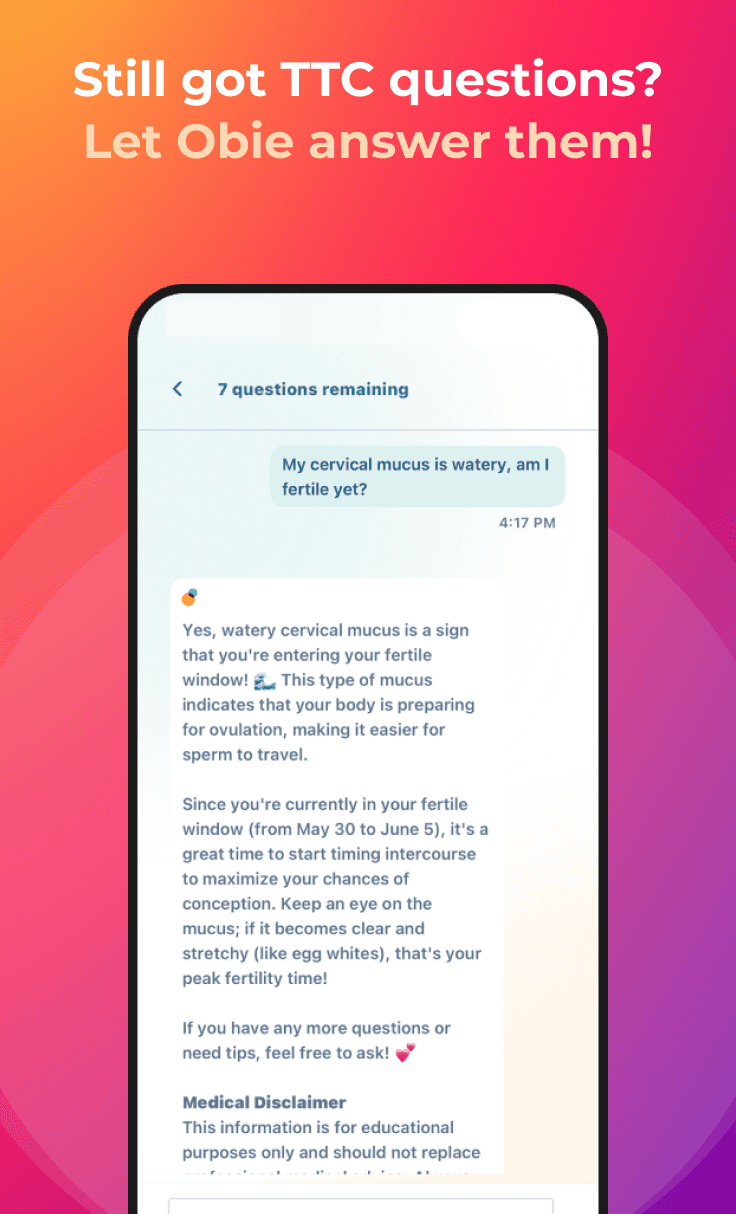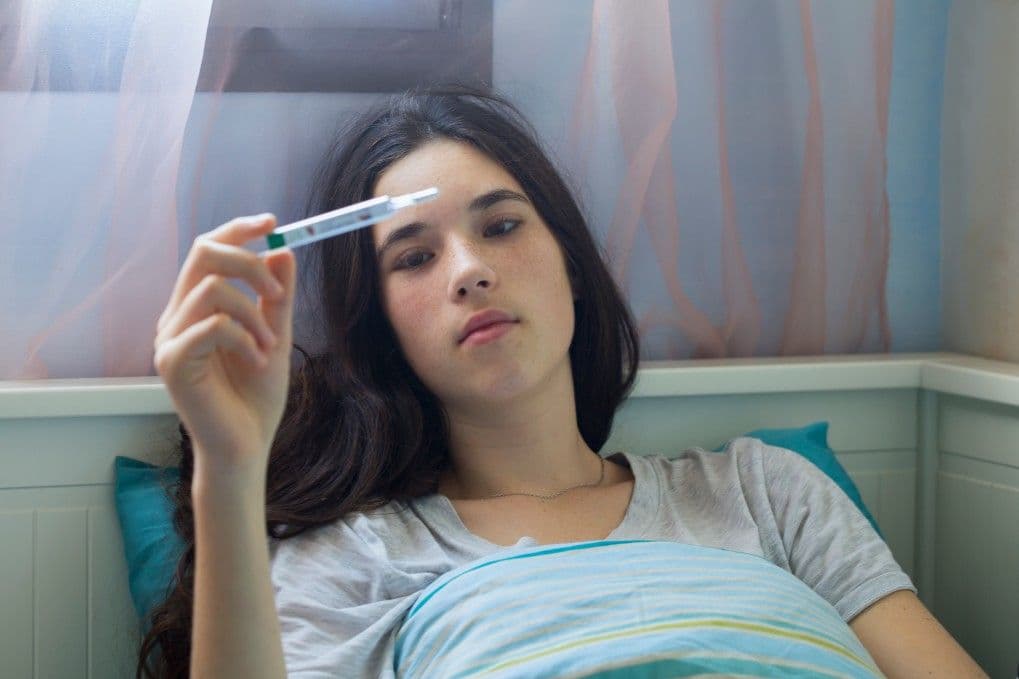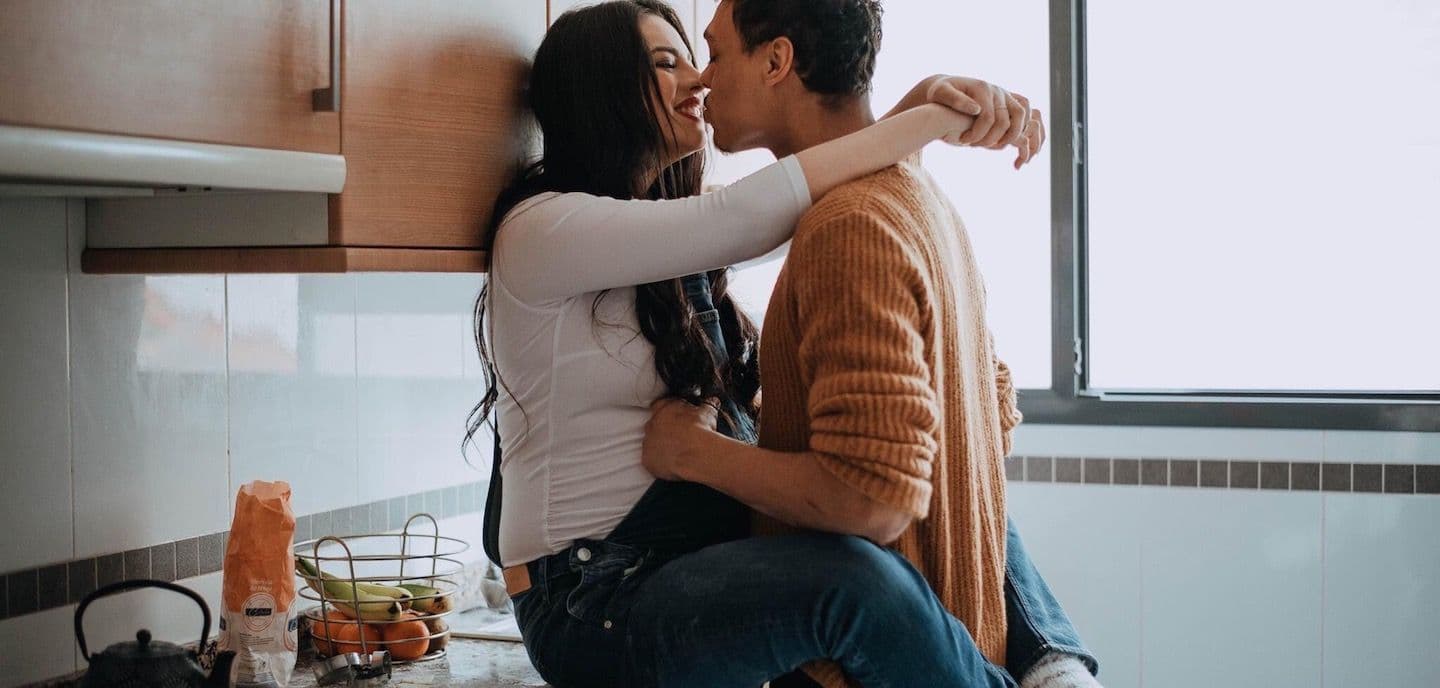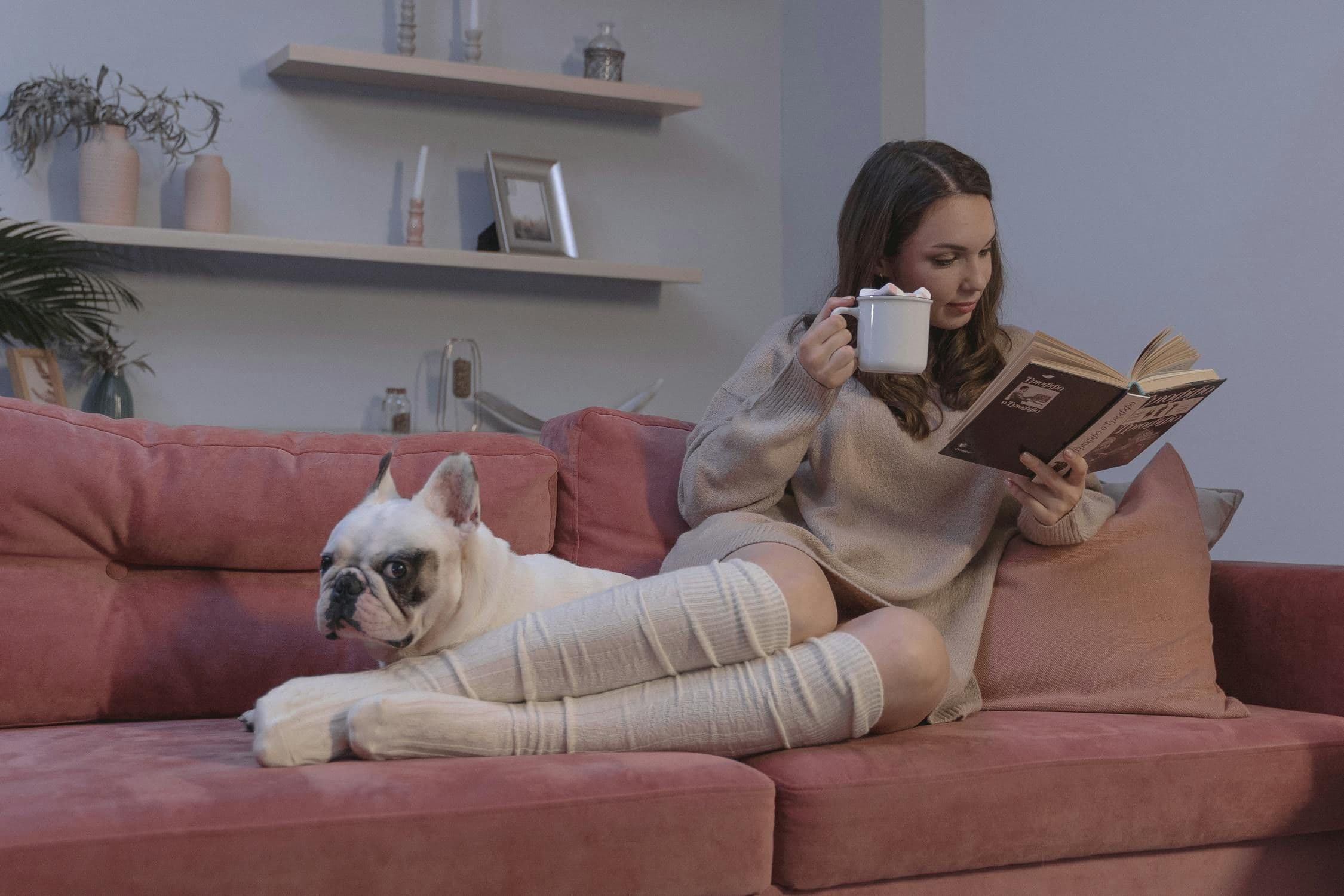Difficulty Urinating After Giving Birth
Pregnancy Symptoms
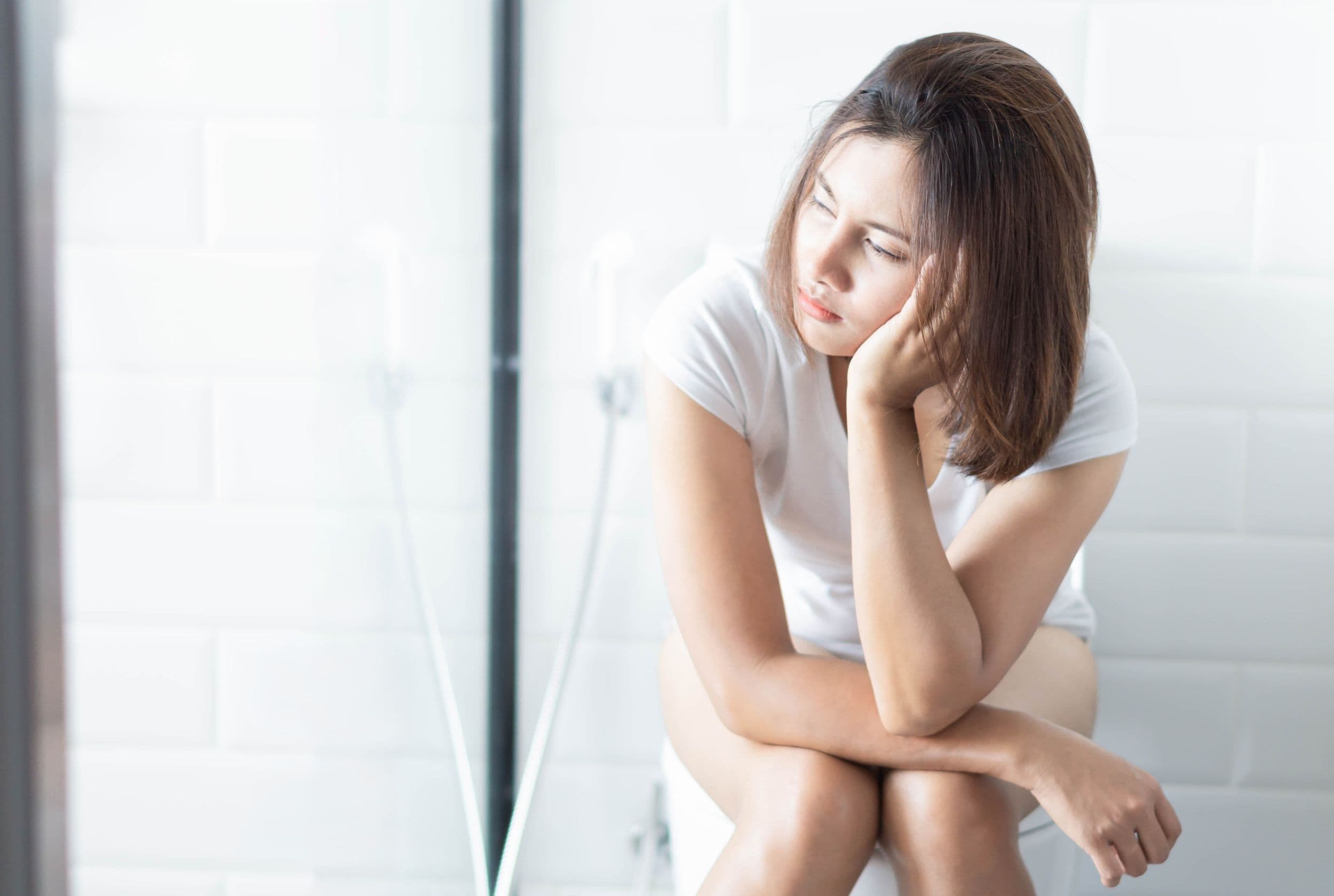
Immediately after giving birth, you may feel an urge to urinate but you simply cannot make it happen as easily as you could before. During pregnancy, pressure on the bladder may make urination difficult. Once you have given birth, however, that pressure is gone and the bladder must learn the pattern of urinating all over again.
What makes it difficult to urinate after you give birth?
Giving birth can have alter your body in ways that can lead to difficulty urinating. Anesthesia and pressure from pushing your baby out of the womb are both causes for temporary paralysis or decreased sensitivity that can lead to difficulty urinating. Fear can also play an important role in having difficulty urinating. You just pushed a baby out and that pain is not simple to forget!
Important facts about urination difficulty after giving birth
After giving birth, you should try to pee within four to six hours. This, however, may not possible if a C-section was performed as the catheter will not be removed until all anesthesia has worn off which could be hours after birth. If the bladder will not expel on its own while hospitalized, a temporary catheter may be used to drain urine from the body. Urinary tract infections, associated with birth and catheter placement, may also contribute to difficulty with urinating during postpartum.
Treatment for urination difficulty after giving birth
Fluid intake is important after giving birth, especially if you are breastfeeding. The more fluid you take in, the more urine you produce. A warm bath or even the sound of running water can help make urination easier. If urination is painful or difficult for days following giving birth your doctor may need to test for a urinary tract infection.

